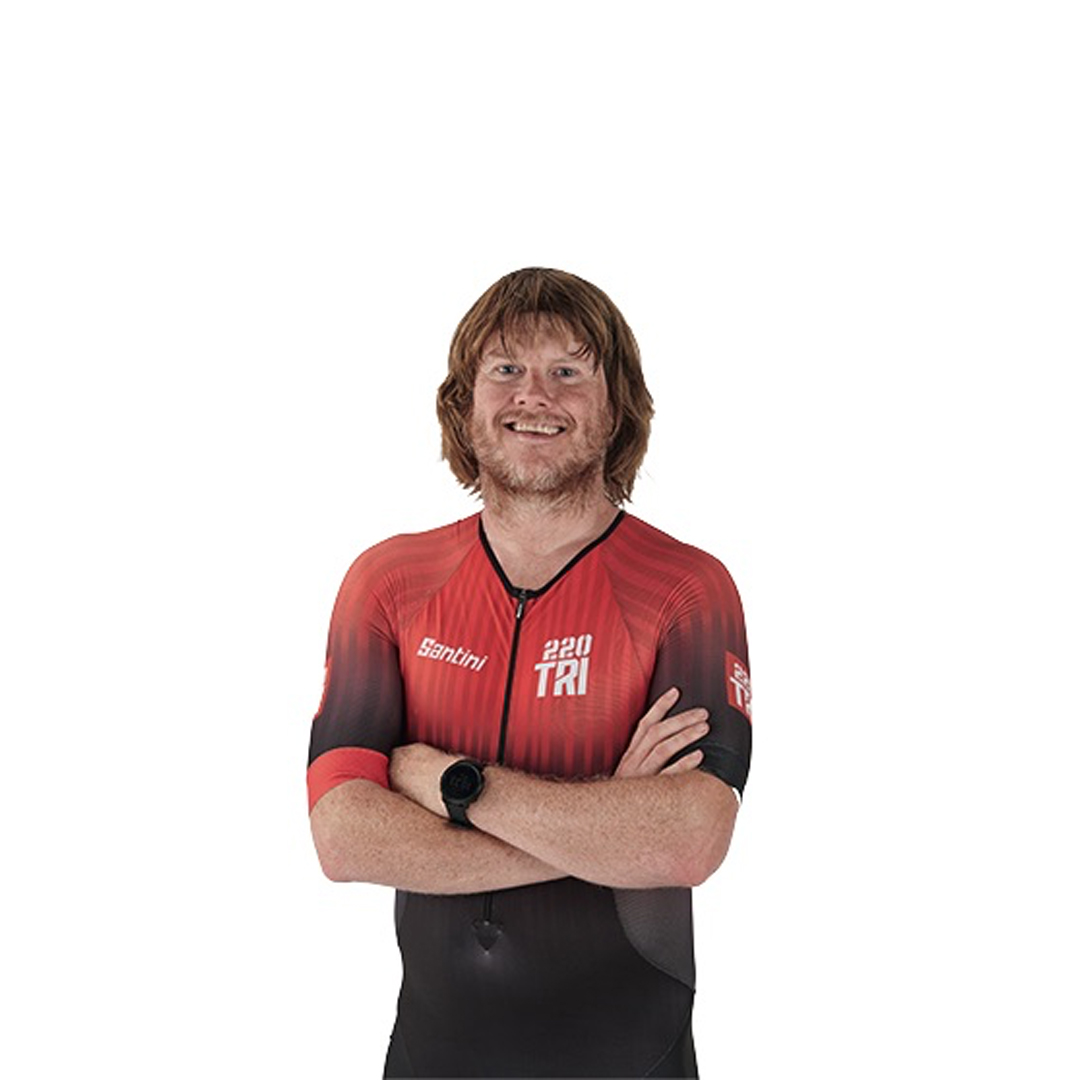1. PLAN AHEAD AND STAY FLEXIBLE
The off-season is a good time to reassess how many workouts you missed in order to improve for the future, says six-time Ironman Hawaii winner and now coach Dave Scott. “I ask athletes to write their day’s workout time down but also an alternative time. Let’s say they have a 60min indoor set at 6:30am but the kids wake up screaming. That’s session over. But if they’ve planned another time later in the day, even if it’s for only 40mins, they can rescue things. This is a great one for age-groupers.”
2. TIME TO GET POSITIVE
“It’s more beneficial to focus on what you want to do rather than what you want to avoid,” says sports psychologist Russell Martindale, who’s worked with elite triathlon coach Darren Smith. “So, for example, now’s the time to start thinking about swimming in a straight line rather than zig-zagging your way from one end to the other.” This also applies to biking and running technique.
3. RACING MENTALITY
One thing that’ll keep your mind sharp and focused on the job at hand is racing. The triathlon season might be over but, as we know, there are plenty of duathlons. Also follow the Brownlees and have a stab at cross-country running.
4. BUILD MENTAL FORTITUDE
Dr Samuele Marcora’s psychobiological fatigue theory suggests that we don’t slow down or stop because of physical phenomena but because the physical rewards don’t match the mental effort. “The reality is that the neuromuscular system is actually able to continue,” says Marcora. Marcora suggests that training when mentally fatigued, like after work or even after an hour’s mental task, is a good way to build mental tolerance, which will have positive endurance repercussions; in other words, train your brain to deal with the fatigue and the body will follow.
5. MANIPULATE YOUR BRAIN!
Tyrosine is a vital amino acid that’s used in the synthesis of structural proteins. “It’s also a precursor of dopamine,” says Dr Romain Meeusen, an expert on brain health. “Studies have shown that tyrosine supplements, which are legal, increases time to exhaustion despite core and skin temperature not rising over the baseline figures.” Dopamine is a hormone that’s associated with pleasure and motivation, and the signs are that it makes exercise feel easier so you can work harder. But seek a doctor’s advice before hitting the tyrosine.
6. 2017 STARTS TODAY
“People often focus on the longer-term, outcome-focused goals because that motivates them to train,” says professor Tim Woodman, head of elite performance at Bangor University. “But if you only focus on the outcome goal, motivation tends to wane. The key to effective goal-setting is precise short-term process goals, which can be monitored via feedback, be it a coach, video analysis or a friend.” These short-term goals also apply to racing, thanks to the ‘A-C model’. The ‘A’ race is your priority event(s) where you intend to peak from your training and B/C races. The B/Cs aren’t as important as the As, plus you’ll also train through them rather than taper to peak.
Related
